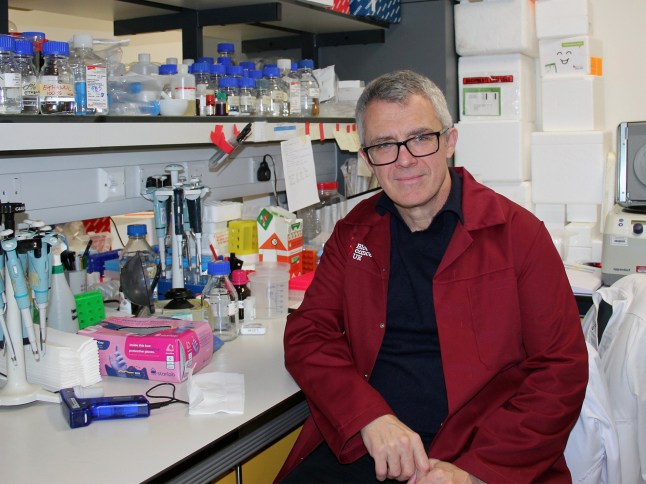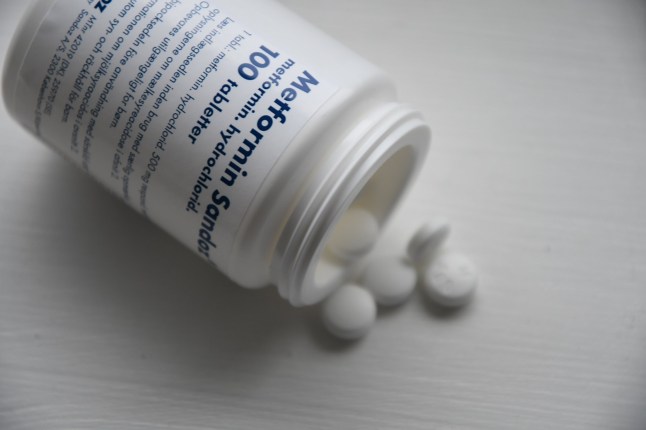
One of the most prescribed drugs in the UK could have a new benefit we didn’t know about, researchers say.
Metformin, which is mainly used to control diabetes, could help prevent an aggressive form of blood cancer, a new study suggests.
Research published in Nature today first looked at its effects in mice, then analysed genetic data for humans.
They found that people who took metformin were less likely to have a common genetic change linked to acute myeloid leukaemia (AML), an aggressive form of the blood cancer.
This gives hope for a potential treatment for those at high risk of developing the disease.
Academics from the University of Cambridge focused on a genetic change in a gene called DNMT3A, found to be responsible for starting 10-15% of AML cases.
Mice with this blood stem cell change relied more on a cellular process called mitochondrial metabolism, which gave the pre-cancerous cells energy to keep growing.

Metformin affects this process, slowed down the growth of blood cells with this genetic mutation when mice were given it.
Now researchers think it could do the same for humans, after analysing data from 412,000 people taking part in the UK Biobank study.
Around 3,100 people are diagnosed with AML each year in the UK and the disease has low survival rates. People at high risk can be identified years in advance but there is not yet any treatment that can prevent the disease from developing.
In the years 2023 to 2024, metformin was among the most prescribed treatments for diabetes, alongside Gliclazide.
There were some 53 million prescriptions for the two combined, according to NHS data.
Metformin has also shown promise in treating Polycystic Ovary Syndrome, as well as other types of cancer, and may even have anti-aging properties.
Professor George Vassiliou, from the Cambridge Stem Cell Institute, who co-led the study, said: ‘Blood cancer poses unique challenges compared to solid cancers like breast or prostate, which can be surgically removed if identified early.
‘With blood cancers, we need to identify people at risk and then use medical treatments to stop cancer progression throughout the body.’
Dr Rubina Ahmed, director of research at Blood Cancer UK, which part-funded the work, said: ‘Blood cancer is the third biggest cancer killer in the UK, with over 280,000 people currently living with the disease.
‘Repurposing safe, widely available drugs like metformin means we could potentially get new treatments to people faster, without the need for lengthy drug development pipelines.’
The next phase of the work will focus on clinical trials in people with changes in DNMT3A which put them at increased risk.
Get in touch with our news team by emailing us at webnews@metro.co.uk.
For more stories like this, check our news page.









